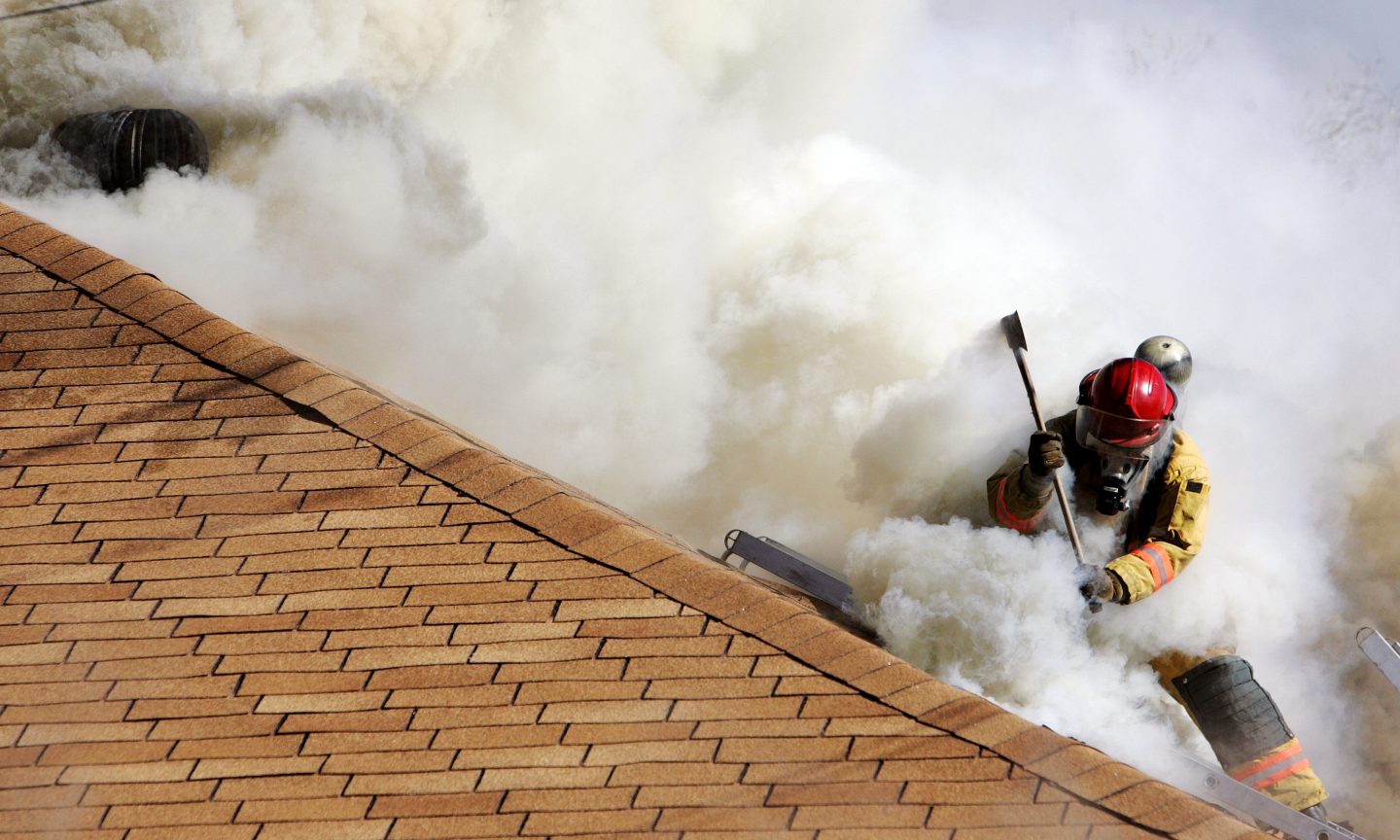
Imagine a tornado tears through your neighborhood, ripping off part of your roof and leaving your home uninhabitable. Not only will your insurance likely reimburse you for the damage, but it will also pay for you to live somewhere else during repairs. This part of your home insurance policy is known as loss of use coverage.
What is loss of use coverage?
Loss of use coverage offers financial support if you’re unable to live in your home for a covered reason. It’s a standard part of most homeowners, renters, condo and mobile home policies. It generally includes three parts:
Additional living expenses
Additional living expenses coverage pays for hotel stays and other costs if your home becomes uninhabitable for a covered reason, such as a fire. Depending on your policy limits, this coverage can pay out until your home is fully repaired or you permanently relocate.
Fair rental value
You and your family might not be the only ones affected by damage to your home. If you rent out part of your space, your tenant might also have to move out during repairs, which could mean less rental income for you. Loss of use coverage can help you recoup that amount.
Prohibited use
Loss of use coverage can help if your home isn’t accessible, even if it’s not actually damaged. For instance, it could pay for a hotel if police have blocked off your street due to downed power lines, or if your city won’t let evacuees return after a hurricane until the worst local damage has been addressed.
What does loss of use cover?
Loss of use insurance typically covers:
-
Hotel stays.
-
Apartment rentals.
-
Restaurant meals.
-
Groceries.
-
Pet boarding.
-
Transportation or parking costs.
-
Laundry expenses.
-
Moving and storage costs.
Keep in mind that loss of use insurance pays expenses that are above and beyond your normal cost of living. Say you normally spend $100 a week on groceries, but you end up eating out more often while staying in a hotel. If your total food costs go up to $300 a week, your insurer would cover the extra $200.
Be sure to keep all your receipts, as insurance companies often reimburse you after the fact rather than paying upfront.
What’s not covered
Loss of use coverage pays out only when the reason you’re living elsewhere is covered by your policy.
For example, homeowners and renters insurance generally doesn’t cover flood damage. So if your first floor is under 3 inches of water but you don’t have flood insurance, your carrier won’t pay for you to stay somewhere else.
Similarly, if you’re renting an apartment while remodeling your kitchen, your insurance company won’t pay additional living expenses because your policy doesn’t cover home improvements.
Loss of use insurance is designed to help you maintain your normal standard of living, not give you an upgrade. So if you live in a one-bedroom apartment, don’t expect your insurance company to rent you a house with four bedrooms and a pool.
In addition, loss of use won’t cover ongoing expenses that you were already paying, such as your mortgage. Nor will it pay for things covered by other parts of your policy, such as damage to your stuff or a lawsuit against you.
Loss of use coverage limits
How much additional living expenses coverage you have is often based on limits in other parts of your policy. The loss of use coverage amount on a homeowners policy usually defaults to a percentage of your dwelling coverage limit, such as 20%. So if the structure of your house is insured for $300,000, your loss of use limit would be $60,000.
For renters and condo owners, the loss of use limit may be tied to their personal property limit instead.
Some insurers also restrict how much time you can rely on loss of use coverage. For example, your additional living expenses may be covered for only up to 12 or 24 months, depending on your policy.
This post was originally published on Nerd Wallet




